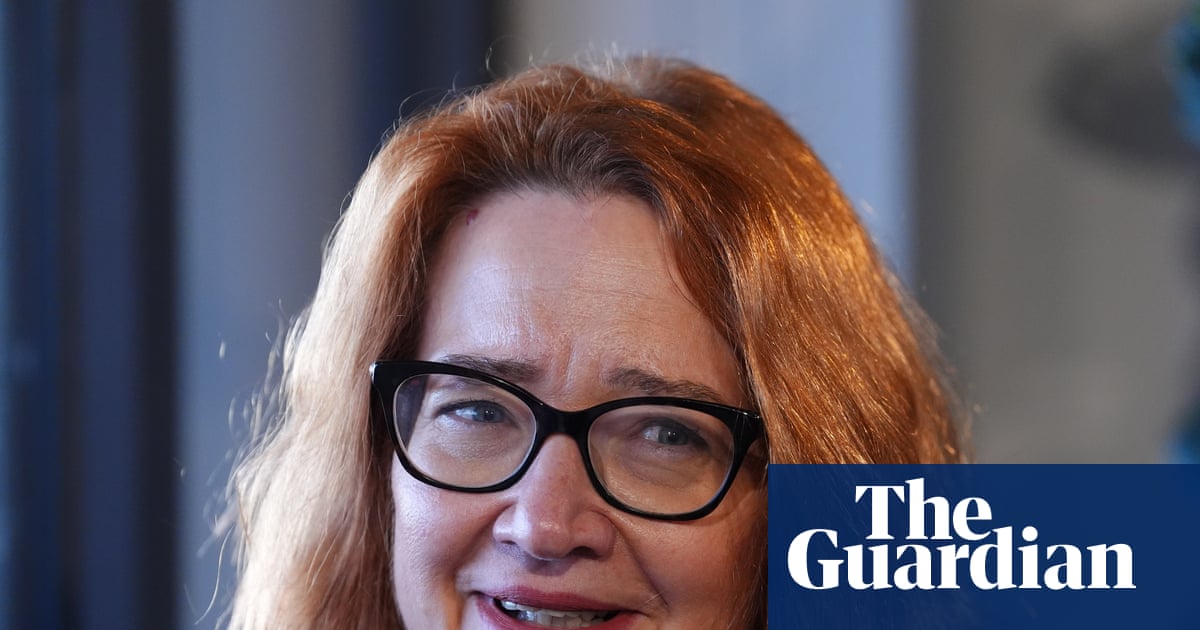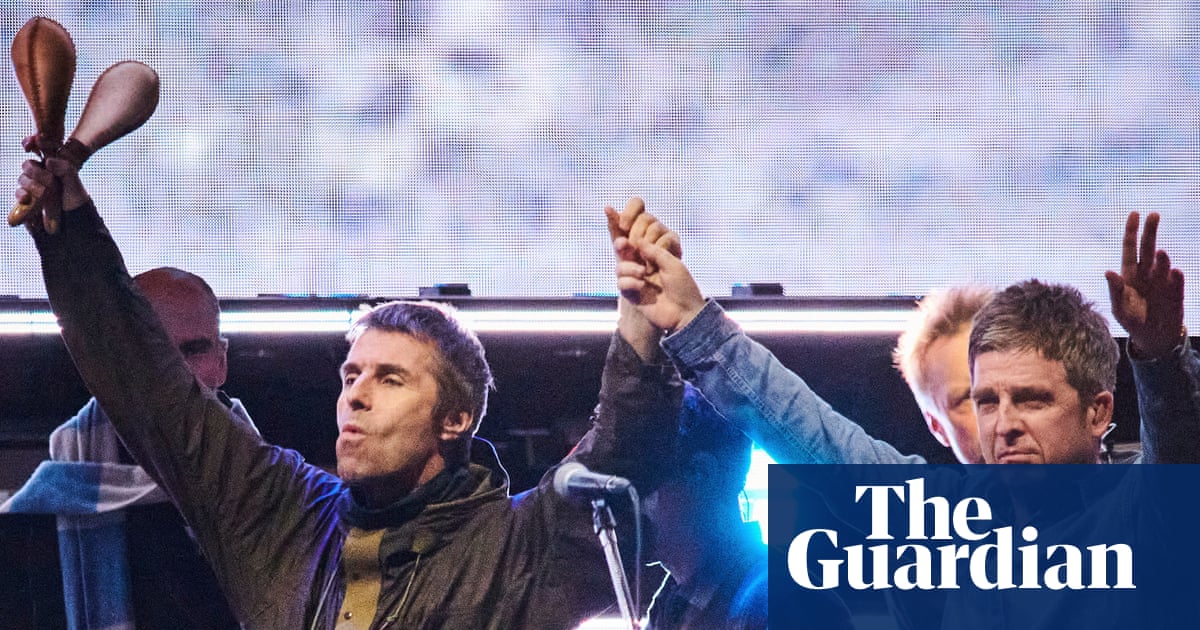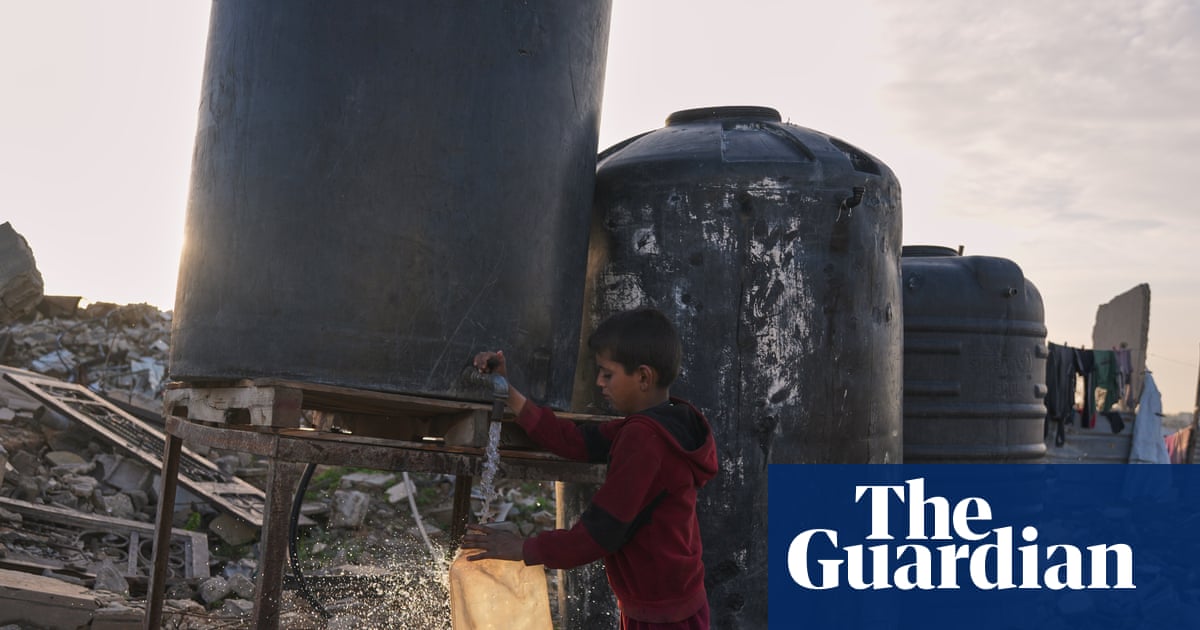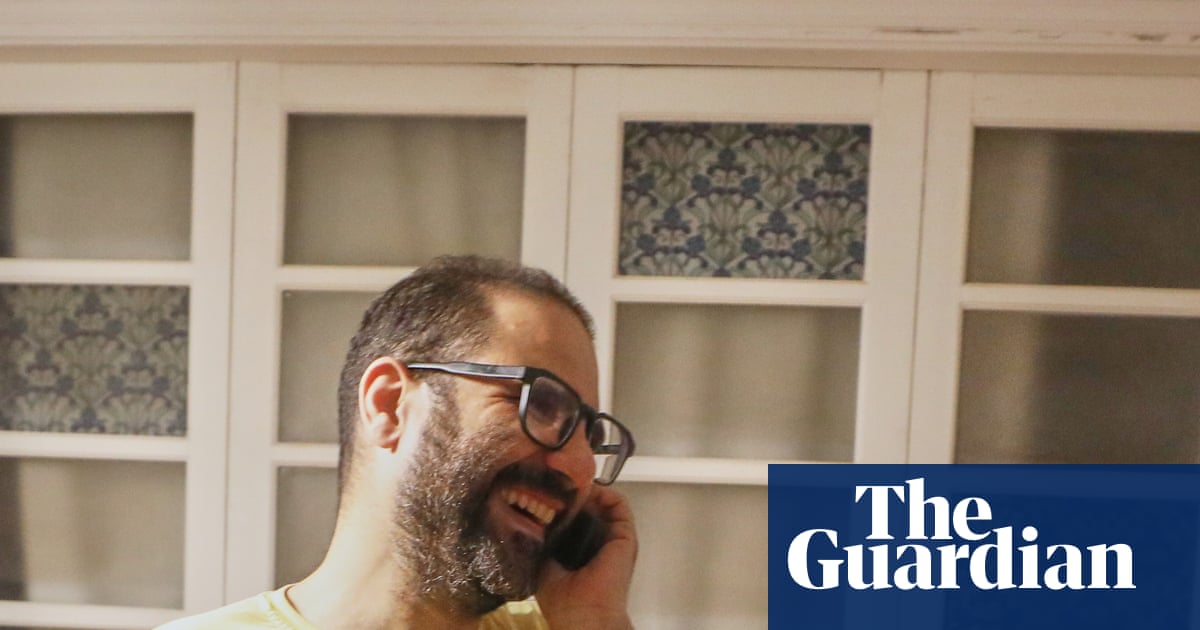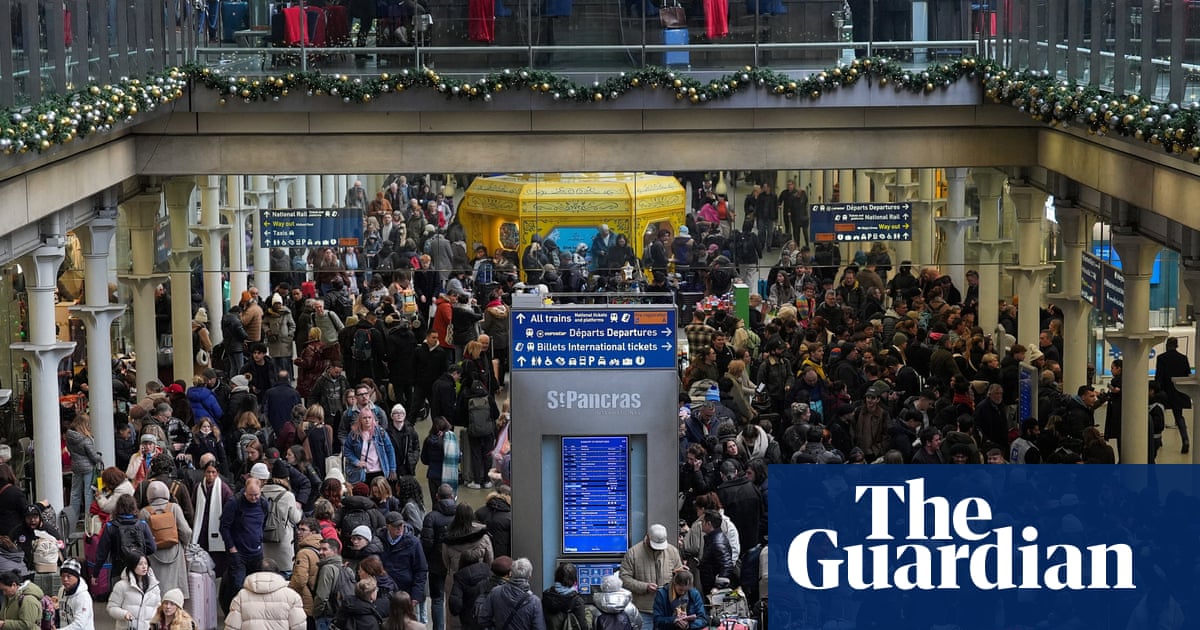Novelist Fiona Mozley and theatre-maker Javaad Alipoor are not an obvious match. Elmet, Mozley’s Booker prize-shortlisted 2017 novel, is a lyrical and violent tale of land, family and revenge in semi-rural Yorkshire. Alipoor is best known for complex multimedia performances exploring digital technology, internet culture and geopolitics. But the contrast is what energises them about working on a stage adaptation for Bradford’s year as City of Culture. “I couldn’t see how it was going to come together,” says Mozley. “But that excited me.”
Alipoor read Elmet during the pandemic and was struck by its “gut-punch story”. As fans of his company’s work might expect, this is not what he calls a “route one” adaptation. Instead of focusing on plot and dialogue, he is maintaining the novel’s evocative narrative mode and underlining the show’s theatricality, with actors stepping in and out of character. Everything is refracted through the perspective of teenage Danny, who lives in the woods with his quietly seething sister Cathy and the hulking, almost superhuman Daddy, whose sense of right and hunger for violence sets them on a collision course with the avaricious local landowner.
In this version, memory is a central theme. In rehearsals, I watch the company build a scene in which LJ Parkinson’s Danny remembers a loaded exchange with Cathy. While Parkinson speaks, Jennifer Jackson as Cathy emerges from behind like a figure in a dream. The company starts to layer subtle movement with a delicate folk song by the Unthanks, who will be performing music on stage throughout the show. The effect is haunting, even in this early draft.
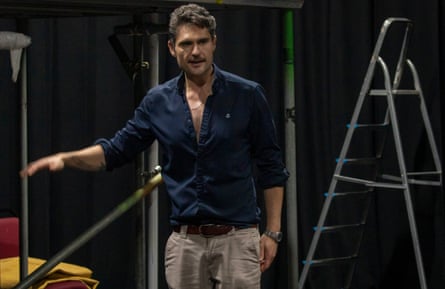
Alipoor and his collaborators have seized on the idea of Elmet as a tragedy. Mozley hadn’t thought of the novel that way but agrees that “it does hit all those beats” with its escalation towards seemingly inevitable devastation. For Alipoor, it was important to think about “what it means to set a tragedy somewhere like this” – as Bradford has often been defined by its poverty in the mainstream media. “There’s something about making tragedy out of that,” he says. “Getting people to look at this with fresh eyes and not tell ourselves a story that’s just about the drudgery of a place.”
One of the most striking things about Mozley’s prose is the way it conjures the family’s woodland home. This is a place where “the soil was alive with ruptured stories” and “the ghosts of the ancient forest could be marked when the wind blew”. Mozley and Alipoor grew up in York and Bradford respectively and, in one of their first meetings, Mozley recalls that they talked about “being very much from Yorkshire and steeped in Yorkshire, but maybe not in a typical sense, and having that immersion in the place but also the ability to step outside and look in”.
Mozley has since left York for Edinburgh, where she is working on her third novel, and Alipoor and his company are now based in Manchester. In different ways, place has been central to their work. Mozley’s second novel Hot Stew depicts a vivid Soho at threat from luxury development, while in shows such as Rich Kids: A History of Shopping Malls in Tehran and Things Hidden Since the Foundation of the World, Alipoor has explored the Iranian side of his heritage.
The name Elmet refers to the Celtic kingdom that stretched across what later became the West Riding of Yorkshire. Alipoor suggests that this region retains a distinctive, mythical quality today: “The boundary between the urban and the rural is not what it is in other places, and our sense of rurality isn’t the polite sense of what it means in Cheshire or the home counties.”
He says there is in Mozley’s book “a sense in which nature is breaking through”, something this production will convey through language, movement and music. Alipoor describes the original songs written by the Unthanks as another character in the drama. The band’s sound draws on the traditional music of the north-east of England, reflecting the folkloric elements of the story and its connection to the land.
Bradford’s year as City of Culture has so far included Rise, an outdoor, multi-artform spectacle that attracted more than 10,000 people, and Memories of the Future, Akram Khan Company’s dance performance featuring more than 70 local participants. Alipoor sees Elmet as another opportunity to shift the narrative around his home town.
“What we’re trying to do,” he says, “for audiences who for a variety of reasons don’t usually come and see contemporary theatre, is put on a show that takes some elements of their lives, fictionalises them, makes them capital T tragic and capital E epic – and also makes a case for why theatre, as a storytelling form, can do something nothing else can do.”

 2 months ago
47
2 months ago
47



